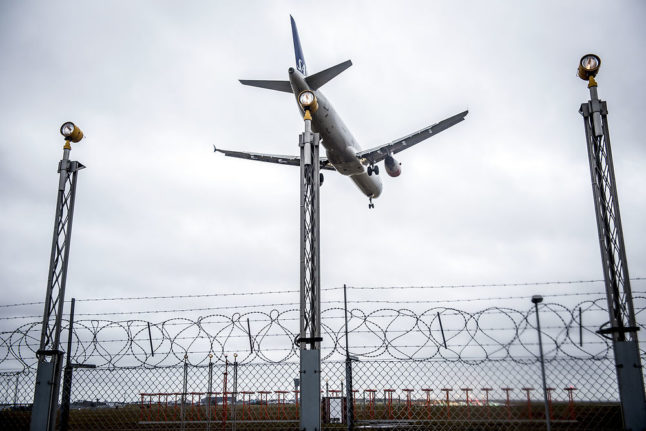Foreign-based partners of people who live in Denmark could also be subject to more lenient travel rules, even if not vaccinated, under new rules drafted by the government.
The eased restrictions would apply to persons from “yellow” countries in the EU and Schengen area, including tourists, according to a draft proposal seen by news wire Ritzau.
A “yellow” country signifies one considered to have an acceptable incidence of Covid-19 variants for travel and a new model outlined in the proposal. “Orange” and “red” countries would have higher incidences, with “red” countries described as having “concerning variants of Covid-19”, according to the draft.
The rule change would be subject to it being considered safe at the time of its implementation. Travellers would be required to provide documentation of having been vaccinated.
The draft is subject to change during negotiations between the government and the other parties, whose backing would be needed to pass it.
But the Liberal party, the main party in opposition, has said it wants to provide for international travel to resume as soon as possible.
“We want everyone who is vaccinated to be able to leave the country right now and go on holiday,” the party’s foreign policy spokesperson Michael Aastrup Jensen said.
The draft proposal also includes a provision for easier business travel, with business travellers allowed to return to workplaces after travel without having to isolate first. That would come into effect on April 21st.
This date would also see the list of so-called “worthy reasons” (anerkendelsesværdige formål) for travel extended, potentially allowing international students, partners of people resident in Denmark and owners of summer houses to enter the country more easily.
Current travel restrictions expire on April 20th, meaning a deal for new or extended restrictions must be agreed by that date.
The draft also envisages an EU-wide “corona passport” facilitating travel within the bloc by June 26th.
READ ALSO: EU vaccine chief hopes for tourism boost as he unveils Covid-19 passport prototype



 Please whitelist us to continue reading.
Please whitelist us to continue reading.
Member comments